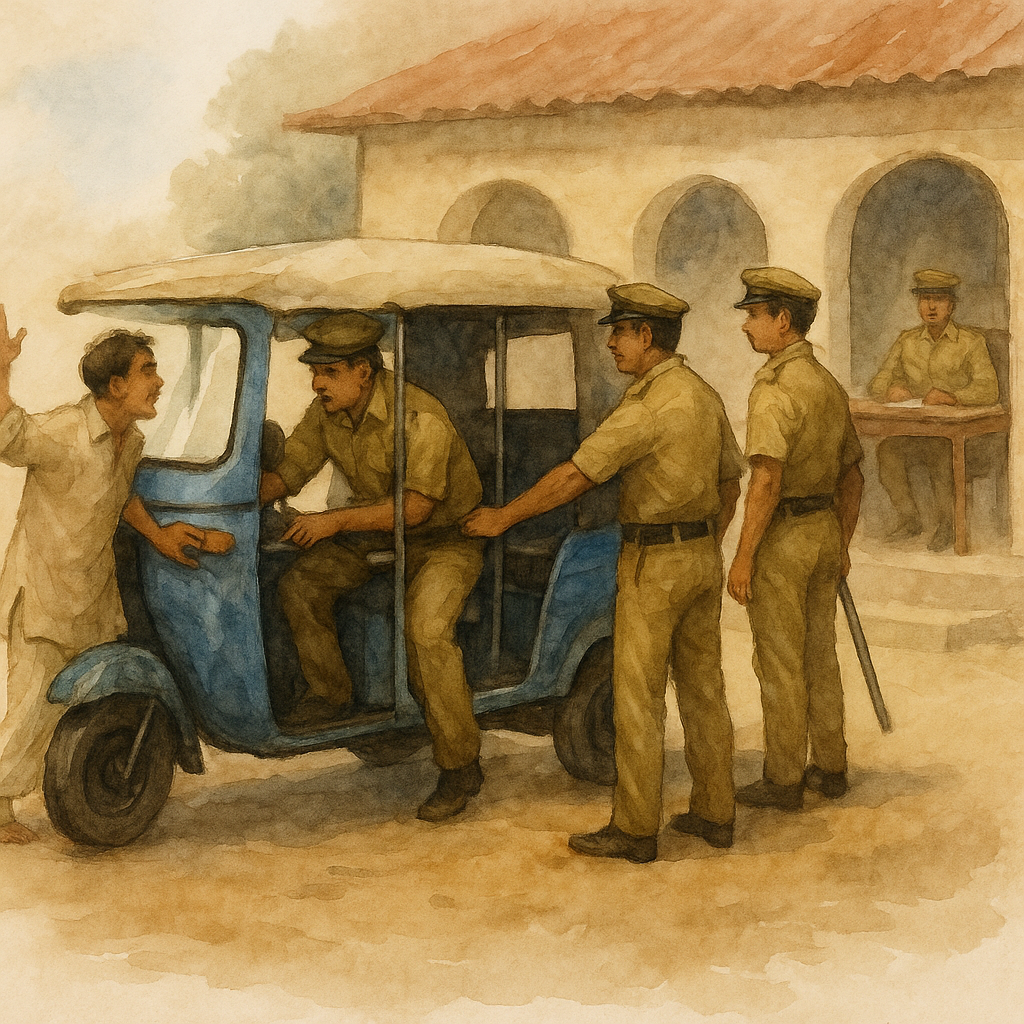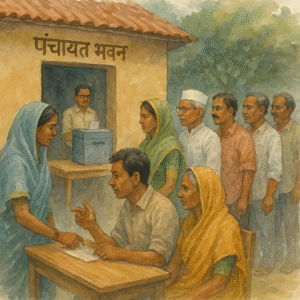Simplified Explanation of the Judgment
The Patna High Court recently dealt with a case concerning confiscation of a commercial vehicle under the Essential Commodities Act, 1955 (E.C. Act). The petitioner, a vehicle owner, challenged an order of the District Collector, Supaul, dated 03.12.2020, by which his three-wheeler auto-rickshaw (Bajaj Maxima Diesel Auto) was confiscated. The case originated from Bhaptiyahi Police Station Case No. 93/2020, registered under Section 7 of the E.C. Act.
The petitioner argued that the vehicle had been seized, and after chargesheet was filed, he had applied for release before the District Collector. However, instead of giving him a fair option, the Collector directly ordered confiscation. His grievance was that the Collector ignored the second proviso to Section 6-A(1) of the E.C. Act, which specifically requires that if a seized vehicle is used for carrying goods or passengers for hire, the owner must be given an option to pay a fine equivalent to the market price of the seized commodity, instead of confiscation of the vehicle itself.
The petitioner’s counsel pointed out that no such option was given, making the confiscation order illegal. He also highlighted that the vehicle was lying in open space, exposed to sun and dust, and was deteriorating day by day.
On the other hand, the State argued that the petitioner had directly approached the High Court without exhausting the remedy of appeal under Section 6-C of the E.C. Act.
Court’s Findings
The High Court carefully examined the statutory provision. Section 6-A empowers the Collector to order confiscation of essential commodities, their containers, and vehicles used for illegal transport. However, the second proviso to Section 6-A(1) makes it mandatory to give the owner of a hired vehicle an option to pay a fine instead of losing the vehicle permanently.
The Court found that the District Collector, Supaul, had completely overlooked this mandatory requirement and proceeded straight to order confiscation. This, according to the Court, was a gross error of law.
The Court also noted that continuing to keep the seized vehicle in open space would serve no useful purpose, as it would only cause deterioration of the property.
Court’s Order
- The High Court quashed the confiscation order dated 03.12.2020 passed by the District Collector, Supaul, in Confiscation Case No. 16/2020.
- The matter was remanded back to the District Collector with directions to pass a fresh order within four weeks.
- Importantly, the Collector was directed to give the petitioner the legally mandated option of paying a fine in lieu of confiscation, in accordance with Section 6-A(1) second proviso of the E.C. Act.
Thus, the writ petition was allowed.
Significance or Implication of the Judgment
This judgment has wide implications, particularly in cases of seizure of vehicles under the Essential Commodities Act.
- For Vehicle Owners:
- The decision establishes that confiscation is not automatic. If the vehicle is used for hire, the owner has a statutory right to pay a fine instead of losing the vehicle.
- It provides relief for transporters and drivers who often face confiscation proceedings without being given this crucial choice.
- For Authorities:
- The ruling reminds District Collectors and enforcement agencies to strictly follow the mandate of Section 6-A(1).
- Any confiscation order passed without offering the option of fine can be struck down as illegal.
- For the Public:
- The judgment ensures fairness in enforcement actions and protects livelihoods of small transport owners who depend on commercial vehicles for survival.
- It balances the need to check black-marketing and hoarding under the E.C. Act with protection of property rights.
Legal Issue(s) Decided and the Court’s Decision with Reasoning
- Whether the District Collector can confiscate a hired vehicle without giving the owner an option to pay a fine?
Decision: No. The second proviso to Section 6-A(1) of the E.C. Act makes it mandatory to give the owner this option. The Collector’s failure to do so rendered the order illegal. - Whether the vehicle should continue to remain seized during proceedings?
Decision: No. The Court held that keeping the vehicle idle in open space would only cause damage and serve no purpose. - Whether the writ petition was maintainable despite availability of appeal under Section 6-C?
Decision: Yes. Since the Collector’s order was passed in gross violation of law, the Court entertained the writ and set aside the illegal order.
Case Title
Raj Kumar Ram @ Raj Kumar v. The State of Bihar & Ors.
Case Number
Criminal Writ Jurisdiction Case No. 433 of 2021
Citation(s)
2021(2) PLJR 204
Coram and Names of Judges
Hon’ble Mr. Justice Prabhat Kumar Singh
Names of Advocates and who they appeared for
- For the Petitioner: Mr. Kumar Goutam, Advocate
- For the Respondents (State): Mr. A.G.
Link to Judgment
MTYjNDMzIzIwMjEjMSNO-b5fgkWHeE2E=
If you found this explanation helpful and wish to stay informed about how legal developments may affect your rights in Bihar, you may consider following Samvida Law Associates for more updates.








